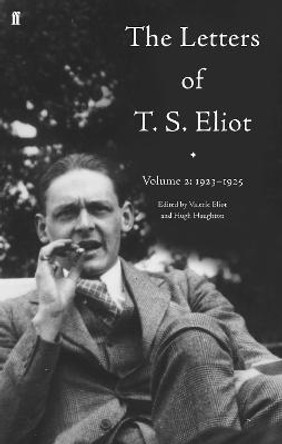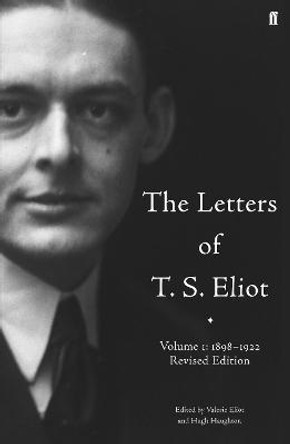Description
The first full-length study on T. S. Eliot and the mother, this book responds to a shortfall in understanding the true importance of Eliot's poet-mother, Charlotte Champe Stearns, to his life and works. In doing so, it radically rethinks Eliot's ambivalence towards women. In a context of mother-son ambivalence (simultaneous feelings of love and hate), it shows how his search for belief and love converged with a developing maternal poetics. Importantly, the chapters combine standard literary critical methods and extensive archival research with innovative feminist, maternal and psychoanalytic theorisations of mother-child relationships, such as those developed by Julia Kristeva, Luce Irigaray, Jessica Benjamin, Jan Campbell and Rozsika Parker. These maternal thinkers emphasise the vital importance and benefit of recognising the pre-Oedipal mother and maternal subjectivity, contrary to traditional, repressive Oedipal models of masculinity. Through this interdisciplinary approach, the chapters look at Eliot's changing representations and articulations of the mother/ mother-child relationship from his very earliest writings through to the later plays. Focus is given to decisive mid-career works: Ash-Wednesday (1930), 'Marina' (1930), 'Coriolan' (1931-32) and The Family Reunion (1939), as well as to canonical works The Waste Land (1922) and Four Quartets (1943). Notably, the study draws heavily on the wide range of Eliot materials now available, including the new editions of the complete poems, the complete prose and the volumes of letters, which are transforming our perception of the poet and challenging critical attitudes. The book also gives unprecedented attention to Charlotte Eliot's life and writings and brings her individual female experience and subjectivity to the fore. Significantly, it establishes Charlotte's death in 1929 as a decisive juncture, marking both Eliot's New Life and the apotheosis of the feminine symbolised in Ash-Wednesday. Central to this proposition is Geary's new formulation for recognising and examining a maternal poetics, which also compels a new concept of maternal allegory as a modern mode of literary epiphany. T. S. Eliot and the Mother reveals the role of the mother and the dynamics of mother-son ambivalence to be far more complicated, enduring, changeable and essential to Eliot's personal, religious and poetic development than previously acknowledged.
About the Author
Matthew Geary is an independent scholar in English Literature, Modernism, Psychoanalysis, Feminist Philosophy, Critical Theory, and Maternal Studies.
Reviews
"T.S. Eliot and the Mother offers timely and erudite insight into how the T.S. Eliot's psychological relationship with his mother, Charlotte, underwrites much of Eliot's literary output. Geary is a fastidious Eliot scholar and his psychoanalytical approach to the 'maternal poetics' is a key scholarly source for better appreciating the psychological drama of T.S. Eliot and the female divine." -- Dr. Scott Freer, Teaching Fellow in English Literature, University of Leicester, UK.
"A profound contribution to both maternal studies and scholarship on T.S. Eliot's life and works, Geary puts Charlotte Eliot and mother-child ambivalence at the centre of Eliot's poetic works. Through close analysis of key poems that keep both Charlotte and her son's poetic oeuvre in the frame, Geary draws out an innovative thesis that Eliot remains gripped by a latent fascination with the mother, we could say with his own 'internal' mother, whereby poetry itself becomes a passage, a means of working through maternal ambivalence." -- Dr. Lisa Baraitser, Professor of Psychosocial Theory, Birkbeck, University of London, UK.
Book Information
ISBN 9780367760472
Author Matthew Geary
Format Paperback
Page Count 320
Imprint Routledge
Publisher Taylor & Francis Ltd
Weight(grams) 625g








